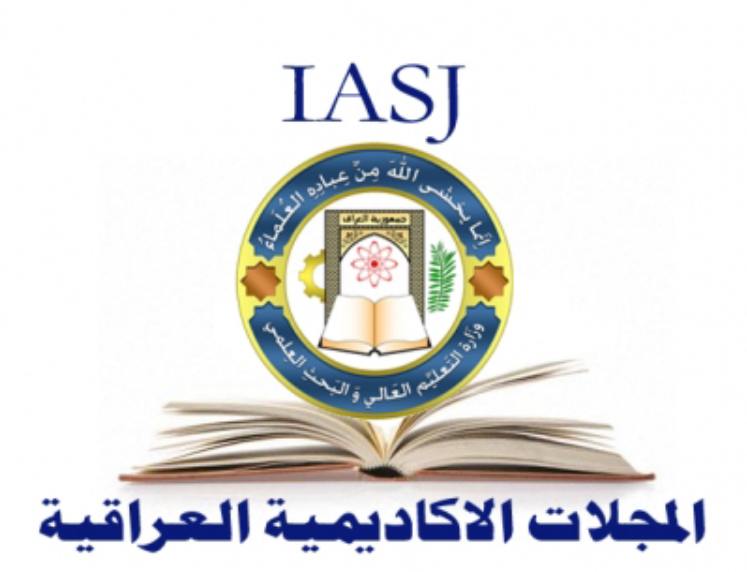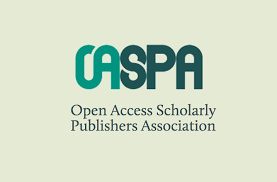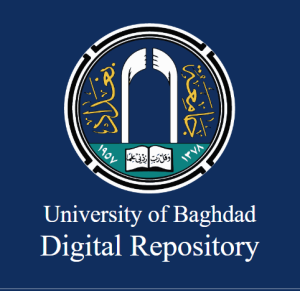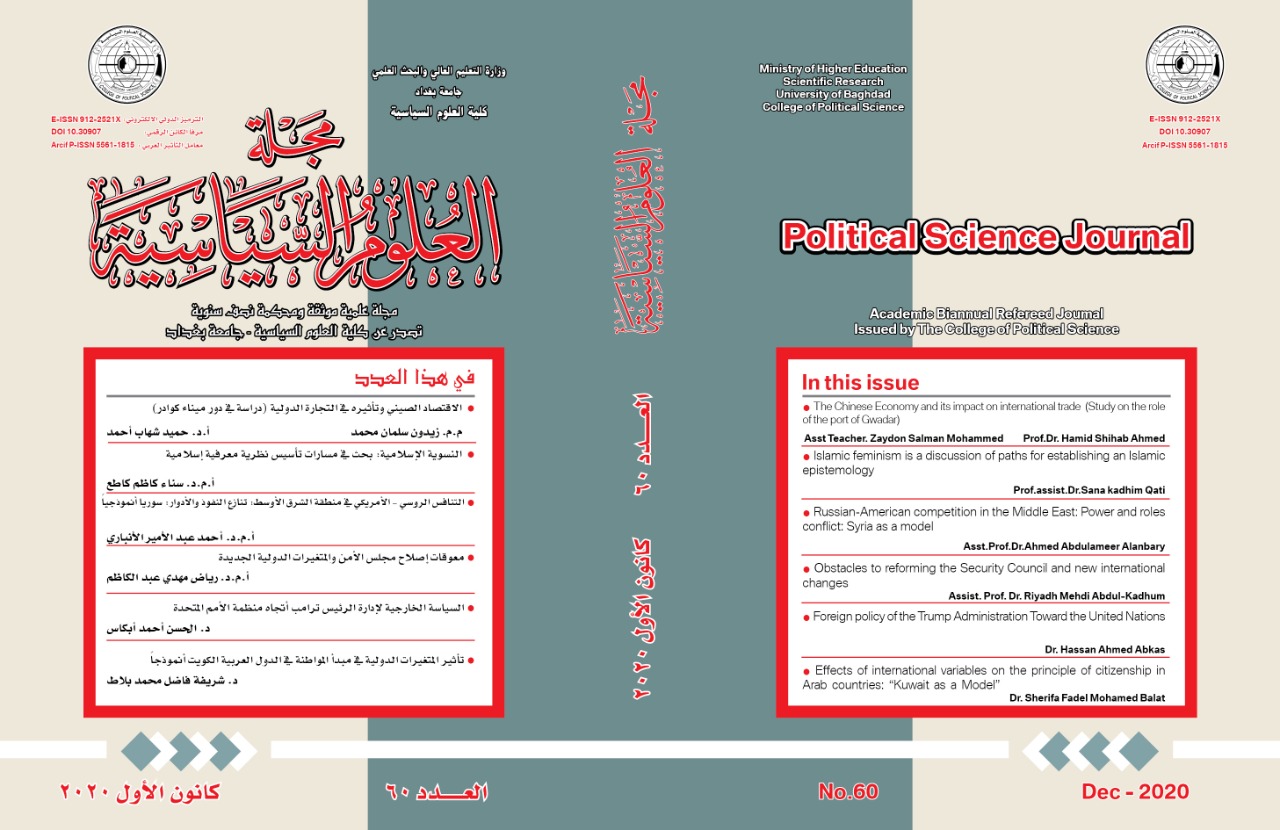إشكالية الانتشار النووي وأثرها على معادلة التوازن الاستراتيجي في إقليم الشرق الاوسط بعد احداث 11 ايلول 2001
DOI:
https://doi.org/10.30907/jj.v0i55.13الملخص
يعد موضوع الانتشار النووي من الموضوعات الحيوية المهمة كونه يعبر عن شكل من أشكال التعامل في مجال العلاقات الدولية، لذا فقد استحوذ إقليم الشرق الأوسط على اهتمام كبير للحد من مستويات التسلح النووي وحيازة القدرة النووية في أطار المدركات الإستراتيجية للقوى الدولية والإقليمية، إذ بلغ مستوى المطالبة أمكانية جعل إقليم الشرق الأوسط خالية من أسلحة الدمار الشامل، ولعل موضوع أنشاء منطقة خالية من الأسلحة النووية في إقليم الشرق الأوسط يعد حالياً من أهم الترتيبات الدولية والإقليمية لضبط مستويات الانتشار النووي ومحاولة بناء حالة من الاستقرارية والتوازن في إقليم الشرق الأوسط والعالم. تأتي أهمية البحث من كونه يعالج موضوعاً مهماً وحيوياً ألا وهو موضوع الانتشار النووي وانعكاساته على معادلة التوازن الاستراتيجي في إقليم الشرق الأوسط بعد أحداث 11أيلول 2001 ، والذي أكتسب أهمية كبيرة في مرحلة ما بعد الحرب الباردة، إذ أنصبت الجهود خلال تلك الفترة على ضبط مستويات الانتشار النووي وتحقيق نوع من الاستقرارية والتوازن ضمن أطار البيئة الدولية والإقليمية، لاسيما في إقليم الشرق الأوسط، مما زاد من أهمية الجهود المبذولة في هذا الشأن انتشار السلاح النووي إلى دول جديدة ، إذ أصبح بالإمكان الحصول على التكنولوجيا النووية عن طريق تعزيز مستويات التعاون والتفاهمات الأمنية- العسكرية المشتركة مابين الدول، ومن هنا فقد أصبح انتشار أسلحة الدمار الشامل أحدى أهم الحقائق لمرحلة ما بعد الحرب الباردة، ففي الوقت الذي كانت فيه خمس دول فقط تمتلك الأسلحة النووية ( الولايات المتحدة الأمريكية، روسيا، الصين، فرنسا، وبريطانيا)، فضلاً عن احتمالية امتلاك دول أخرى لها مثل الهند، وباكستان، وإسرائيل، مما يؤشر لنا أن مرحلة ما بعد الحرب الباردة قد شهدت أتساعاً في دائرة الدول المالكة لتلك الأسلحة أو لإمكانية تصنيعها مثل (باكستان، كوريا الشمالية، وإيران)، كل ذلك قاد إلى بروز بؤر التوتر الإقليمي كما في حالة إقليم الشرق الأوسط. وعليه فقد أصبحت مسألة الحد من انتشار أسلحة الدمار الشامل من المسائل المركزية في مضامين الإستراتيجية الأمريكية لمرحلة ما بعد الحرب الباردة، ولاسيما بعد أحداث 11 أيلول 2001، وذلك نتيجة بروز قناعات مفادها: أن هناك علاقة ترابطية مابين منع انتشار أسلحة الدمار الشامل وقضية مكافحة الإرهاب عالمياً. واتساقا مع ذلك فقد انطلق البحث من فرضية مفادها: أن استمرارية دول إقليم الشرق الأوسط بالسعي نحو امتلاك القدرات النووية تعد في حد ذاتها كابحاً أو محدداً أساسيا حيال أنشاء منطقة خالية من أسلحة الدمار الشامل، فضلاً عن عدم توفر الضمانات الكفيلة لإرساء مقومات الأمن فيما بين دول الشرق الأوسط، مما ينعكس بالمحصلة سلباً على مقتربات الأمن الإقليمي والدولي لإقليم الشرق الأوسط، وبما يؤدي بطبيعة الحال إلى أن تنتهج دولها سياسات أمنية متعارضة إزاء بعضها البعض ضمن أطار تنامي مستويات التسلح النووي لتحقيق نوع من التوازن تجاه القدرات النووية لكل من هذه الدول، ومن ثم المزيد من السياسات التسليحية النووية في المنطقة، نتيجة عدم إمكانية تعزيز مدركات الأمن الايجابي التي تستند إلى ممكنات توظيف القوة الذكية مما ينعكس سلباً على معادلة التوازن الاستراتيجي في إقليم الشرق الأوسط.





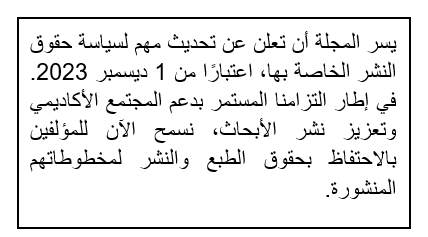
 ©️ 2023 The Author(s). Published by College of Political Science, University of Baghdad. This is an Open Access article distributed under the terms of the
©️ 2023 The Author(s). Published by College of Political Science, University of Baghdad. This is an Open Access article distributed under the terms of the 
